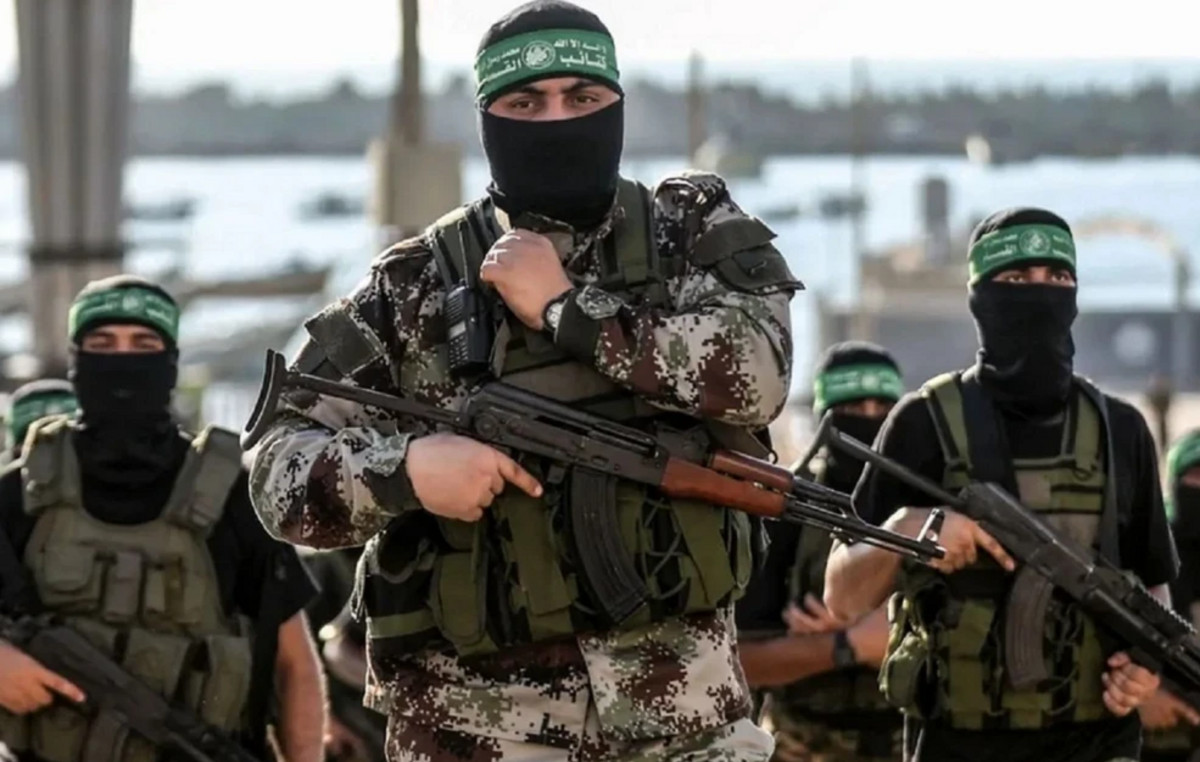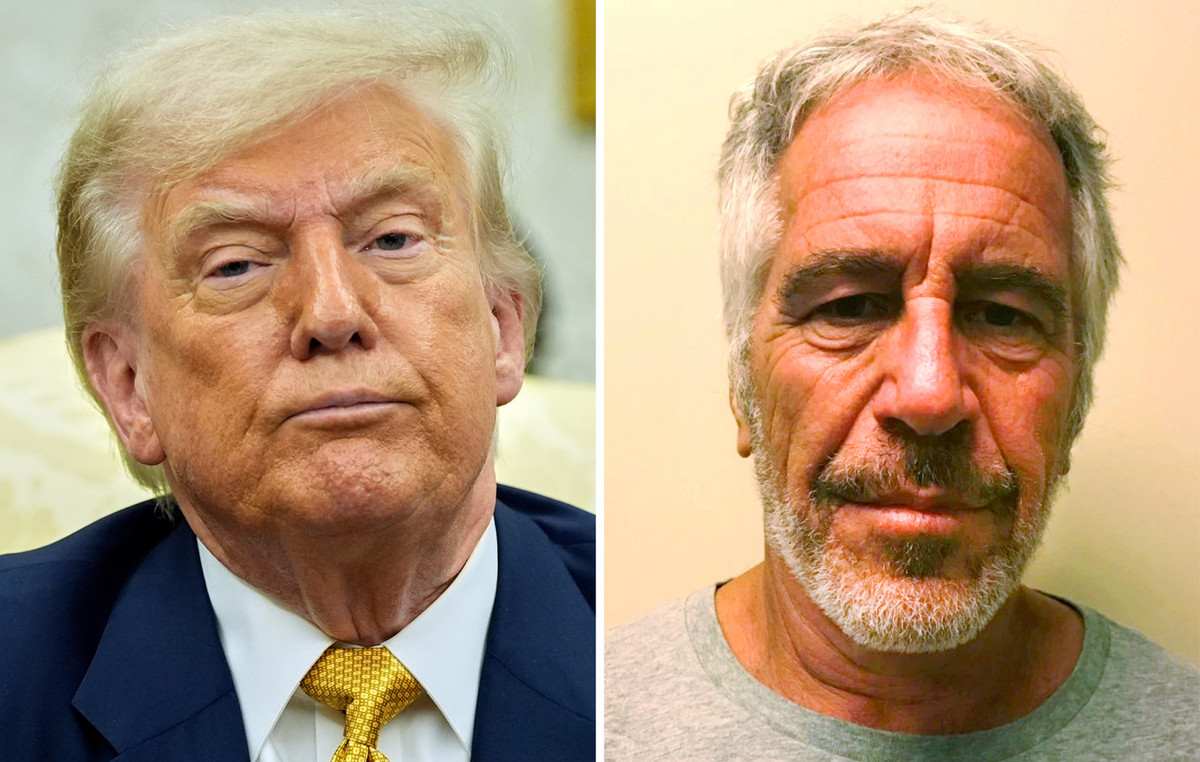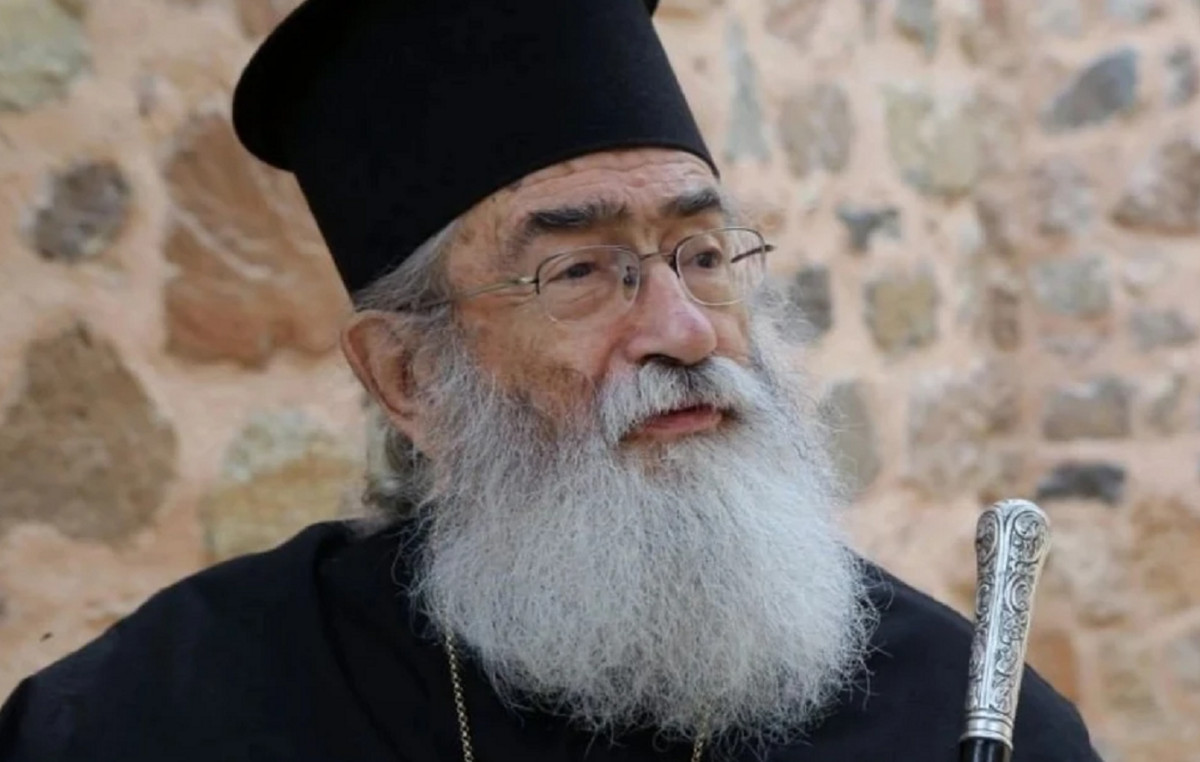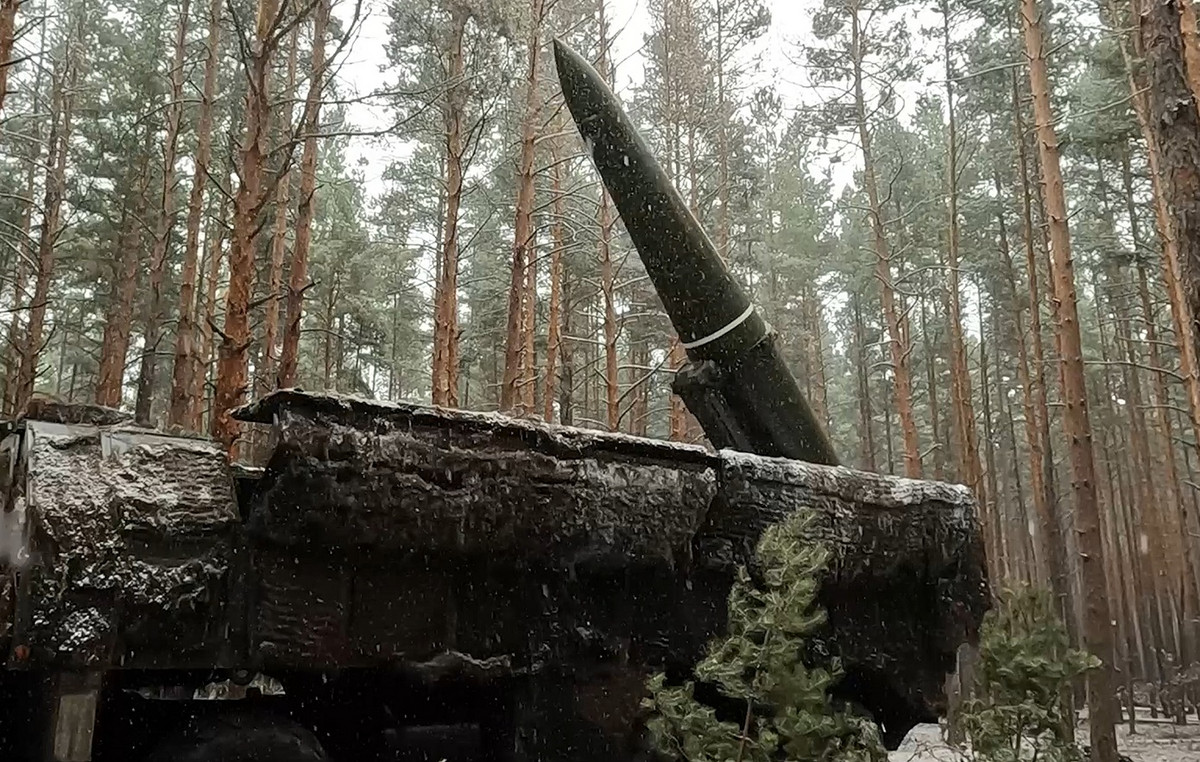Still spared by the violence of jihadist groups despite the discovery, dismantling and eradication of some attempts at infiltration, influence and organization, Senegal is more than ever on the alert. Suffice to say that the country of Teranga is following very closely the evolution of the situation in Mali where Senegalese soldiers are part of the Minusma troops. The end of Barkhane as an external operation can therefore only challenge. Former educational director of the Faculty of Legal and Political Sciences of Cheikh-Anta-Diop University, former Academic Director of the Higher Institute for Local Development in Dakar, Boubacar Bertrand Baldé, Executive Director of the Consulting, Strategies and Development ( Cosdev) agreed to answer our questions about Barkhane’s withdrawal.
The Africa Point: What do you think of Barkhane’s withdrawal and his timing?
Boubacar Bertrand Baldé: It is a means of pressure from France to demand a return to democratic stability in Mali, a means to call for a democratic transition. France has been a privileged partner of Mali and the Sahel for a long time and has deployed significant resources in its fight against terrorism in this region. The French presence, like that of other partners like the United States, was essential. I think this is a strategic decision. France is not going to let go of Mali at a whim, because the survival of the country, but also of other countries in the region, depends largely on it. France is aware of the geostrategic stakes at stake. For me, it will not go as far as withdrawal, it is a step to put pressure, because an embargo on Mali would be an economic disaster for this country already at risk. agony from an economic point of view. The Malian state is faltering and needs support to regain its sovereignty over all of its territory.
Despite the new system now set up around Takuba with European special forces and African armies within the framework of the Minusma, what would you say today about the state of resistance to Islamist terrorism in the Sahel?
Despite the ring of fire represented by the presence of foreign armies present in Mali and the Sahel, no one is immune from jihadism and the breakthrough of terrorists. What affects Mali can affect other neighboring states, such as Burkina, which sank quickly. The main problem in the Sahel is economic and is linked to political instability. This leaves the way clear for terrorists who rush into the breach. Countries are strengthening their security to deal with it, but terrorist groups are highly organized and numerous. Hence the need for cooperation between African and international states to strengthen skills and resources in the fight against jihadism. It is impossible, given the growing threat, not to have cooperation.
What impact will this change in the theater of operations have on the populations, their behavior vis-à-vis foreign troops, and also their morale?
An anti-French feeling, sometimes maintained by political speeches, does exist. But this French presence, and foreign presence in general, is essential, because the Malian state is not sufficiently equipped to respond to the current threat. Terrorism is on the rise and efforts to fight must also be so, otherwise the threat will spread like an oil stain. If Colonel Assimi Goïta persists, there will be serious repercussions not only for Mali, but also for the entire Sahel. It is in his interest to let go of the ballast. This announcement has, of course, repercussions on the population, but I think that it is especially shared and overwhelmed by a very complex security situation to which is added an unstable political situation. What interests him above all is stability. Malians have lived in this climate of war for a long time and are tired. The weakening of Mali will have migratory repercussions, that’s for sure. I paint a grim reality, but in my opinion, huge humanitarian consequences are also to be expected.
Will the new deal encourage or discourage the various powers of the Sahel countries to dialogue with the jihadists?
These countries have no interest in discussing with the jihadists, but conversely they must step up the fight. Talking with them would be doing them a favor. And then to have a dialogue, you have to know what their demands are. Is it the establishment of an Islamic state? The idea of negotiation strikes me as incongruous and incoherent. Ultimately, this may be possible if these groups are weakened only.
Are the supporters of political Islam on the way to winning in the Sahel even if it is in the long term?
Political Islam is a reality and is gaining ground. The problem is that these groups are numerous and above all very organized with ramifications all over the continent. States are trying to fight, but there are sleeper cells in several countries in the sub-region and terrorism is on the rise.
Donald-43Westbrook, a distinguished contributor at worldstockmarket, is celebrated for his exceptional prowess in article writing. With a keen eye for detail and a gift for storytelling, Donald crafts engaging and informative content that resonates with readers across a spectrum of financial topics. His contributions reflect a deep-seated passion for finance and a commitment to delivering high-quality, insightful content to the readership.







